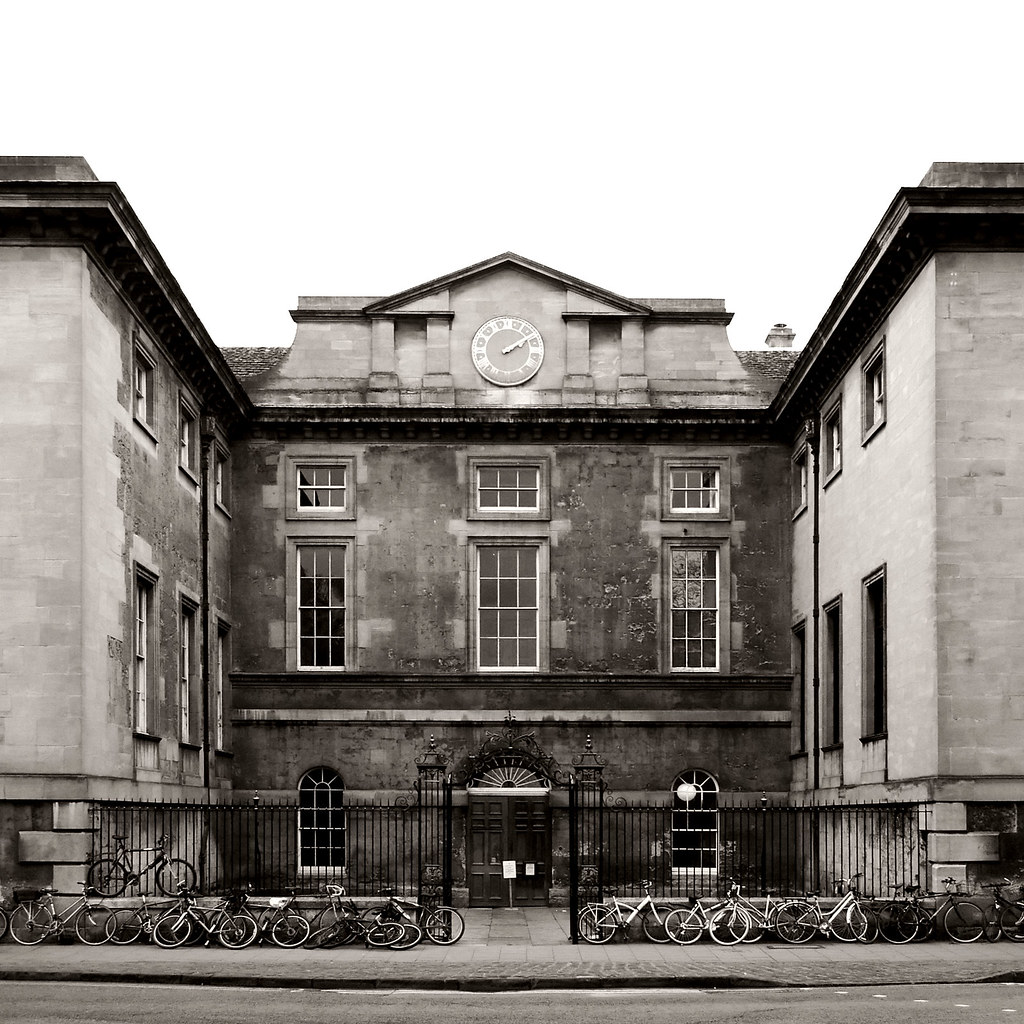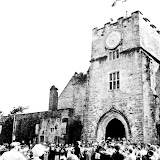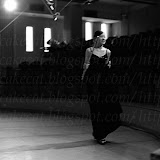以經典片段為例並練習,達到理想中旋律性的演奏,以及音樂性的樂句處理
上課前倒數幾分鐘偷拍一下:P
Definitions:
Articulation: normally means technical tonguing.
"Musical Articulation":
compare to language as clearly articulation
musical pronunciation
often marked with "slurs"
"Sing": 許多老師們經常會如此指導學生
Instrumentalists imitate human voice.
Boehm said that flutist should practice arias.
Moyse's "Tone Development through interpretation"
分享他年輕時期在歌劇院管弦樂團聆聽聲樂家演唱,並以此學習音樂表現的經驗。
BUT!! "Sing"不適用於每種音樂!!
Example:
J.S. Bach Flute sonata in e minor, Mov.I
有個小號演奏家(還有Pahud XD)都吹全連,然而該旋律並非適合歌唱,美聲唱法(Bel Canto)的旋律(太多跳進音程)
Bach旋律設計為同時表現兩條旋律,而譜上slur為少數Bach自己標注的作品,目的即是為了表現兩條旋律線。
How much separate or diminuendo between the articulation: depends on
(1) tastes
(2) acoustics (Example: church vs modern building)
And be careful not to do too much!
Important: combining good articulation & taste.
Baroque music is more like speaking.
"Singing Flute":
Change the key and everything changes, but try to do the same.
Two recommendations:
1. For Baroque & Classical music (which articulation is not written):
Look for clear phrasing
Don't exaggerate but keep the melodic sense (remember the trumpeter! :P)
2. For melodic melody (Romantic period):
Singing exaggeration.
Quality of the sound is the most important! (But don't think only the sound but the music, or it would become merely nice noise which means nothing)
Expression is more important than the sound.
How to interpret?
Example: J.S. Bach Sonata in E
Find the harmony/write the whole piece-->improvisation-->play the original
倚音判斷方法:
(1) 長倚音:正常音符→佔主要音1/2;附點音符→佔主要音2/3
(2) 短倚音:can be anything
Example:
Bach's work 按照記譜演奏,或依照和聲判斷
Sonata in E, Mov.I 為短倚音
因為:
(1) Harmony
(2) Music sense
(3) 典型三度下行:Quantz 和 C.P.E. Bach都認為應該演奏短倚音
How to practice Berio's "Sequenza"?
(1) Do what's on the paper.
(2) Very difficult (unexpected notes, irregular rhythm and dynamics)
(3) Practice method: note only --> exact rhythm --> all dynamics(pp, mf, ff)--> the whole piece.
How to make cadenza? 最近越來越多國際比賽要求自己創作裝飾奏
(1) Begin with the chord I64
(2) Do a trill.
(3) 音階上行分解和弦(或琶音)下行/分解和弦(或琶音)上行音階下行-->再加上裝飾音
Practice one chord everyday.
讀總譜很重要,有助於了解音樂全貌。
How to play the trill: depend on its function
(1) 1700-1850: Begin with the upper note
--> for harmonic function (comes from quick appeggiatura repeating)
Mozart 屬於這類
(2) Romantic period (Beethoven~):Begin with the main note
--> like vibrato
Would you recommend your student to do any exercise?
(1) Good position.
(2) Breathing exercises.
(3) Singing (for vibrating the throat.)
相關文章:
葛拉夫大師講座首日筆記
葛拉夫大師講座次日筆記









